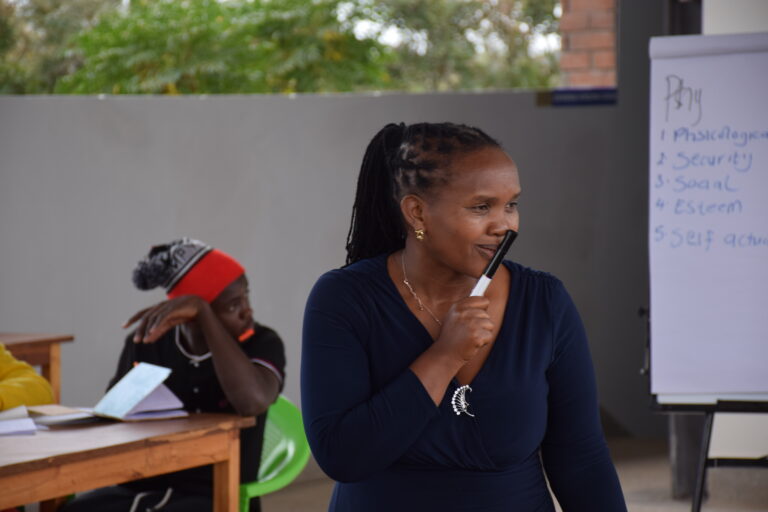Conflict Resolution Training

Conflict Resolution Training
The question is not if there will be conflicts but how to constructively resolve conflicts when they show up in our lives, in our communities, in our countries. As human beings who inevitably view, perceive, and interpret life in very different ways, it is impossible to really avoid conflict. We must normalize and make friends with conflict! It is a normal, natural and an inevitable experience in the existence of humankind.
Even when we have done our best to stay away from conflict, it has a way of showing up when we least expect it. It doesn’t matter how well intentioned we are, there will always be an individual or a group that has a different perspective and perception of the world that doesn’t correspond to those of others.
Consequently, we all must endevour to have a better understanding on the different dynamics of conflicts and learn how to transformatively resolve them. We have been programmed to perceive conflicts as always a bad thing. But far from that, conflict could also have benefits if well resolved.
At BPI, we are committed to helping individuals, communities and organizations learn and have a better understanding of conflict through our custom-made trainings to cater for the needs of the audience. The trainings take between one to three days depending with the need.

Sign up for our next Conflict Resolution training.
Get intouch with us
Email: info@bpi.or.ke
Phone/Whatsapp: 0112646601

Why Consider the Conflict Resolution Training
Conflict resolution training can provide you, your team, your family or community with valuable skills and strategies for managing and resolving conflicts in a constructive and productive way. Here are some reasons why you should consider conflict resolution training:
Better communication skills: Conflict resolution training can help you develop better communication skills, such as active listening, empathy, and assertiveness. This can lead to more effective communication and reduced misunderstandings, which can help prevent conflicts from escalating.
Improved relationships: Conflict resolution training can help you build better relationships with your colleagues, friends, and family members. By learning to manage conflicts in a positive way, you can foster greater trust, respect, and understanding in your relationships.
Increased productivity: Conflicts can be a major source of distraction and can negatively impact productivity in the workplace. Conflict resolution training can help you resolve conflicts more efficiently, freeing up time and energy to focus on more important tasks.
Reduced stress: Conflicts can be a major source of stress, which can lead to a variety of negative health outcomes. Conflict resolution training can help you manage their stress levels by providing you with tools and strategies for resolving conflicts in a healthy and constructive way.
Improved decision-making: Conflict resolution training can help you become better problem solvers by providing you with a framework for making informed decisions. This can lead to better outcomes in both personal and professional situations.
Greater empathy and understanding: Conflict resolution training can help you develop greater empathy and understanding for others. By learning to see conflicts from different perspectives, you can become more open-minded and less likely to jump to conclusions.